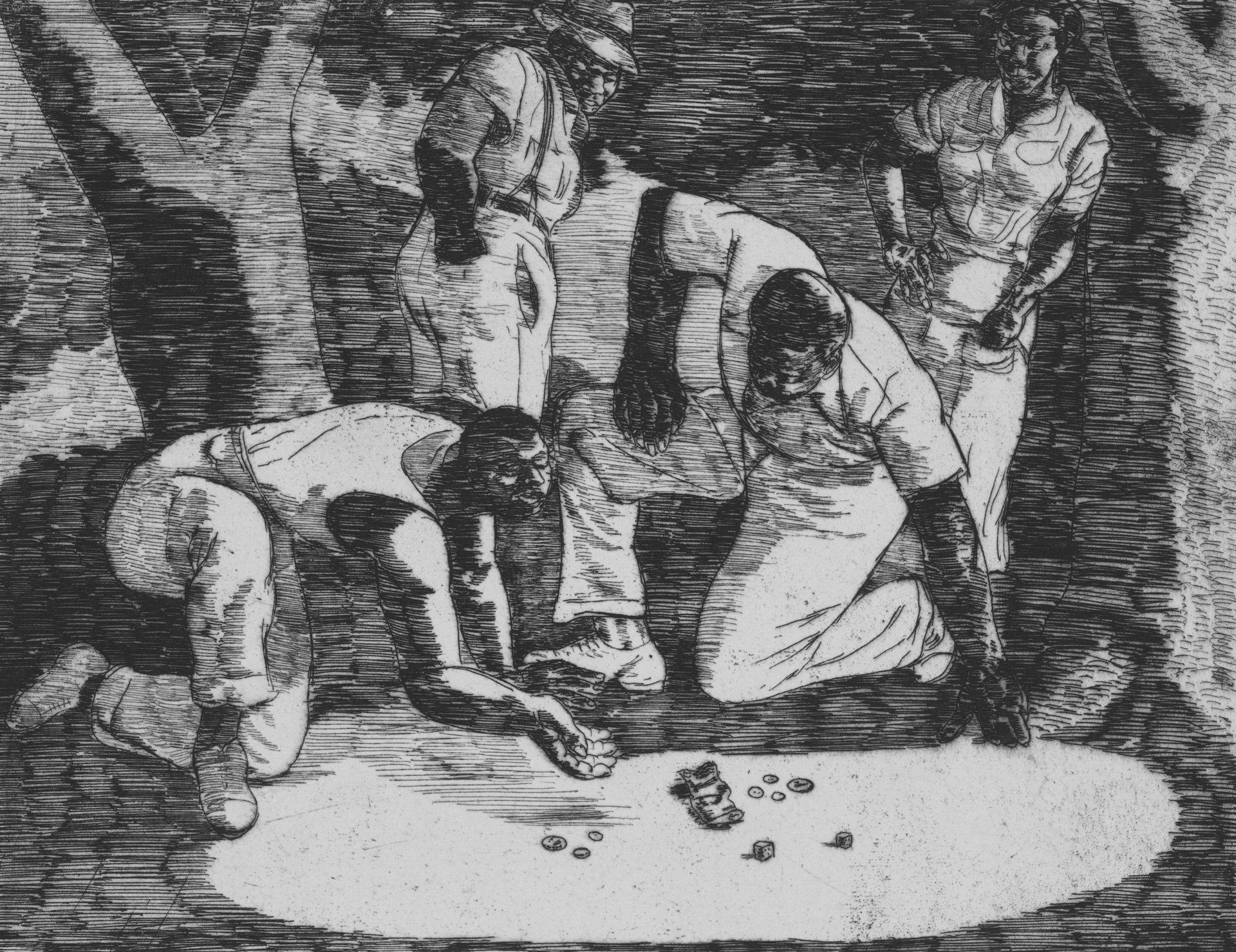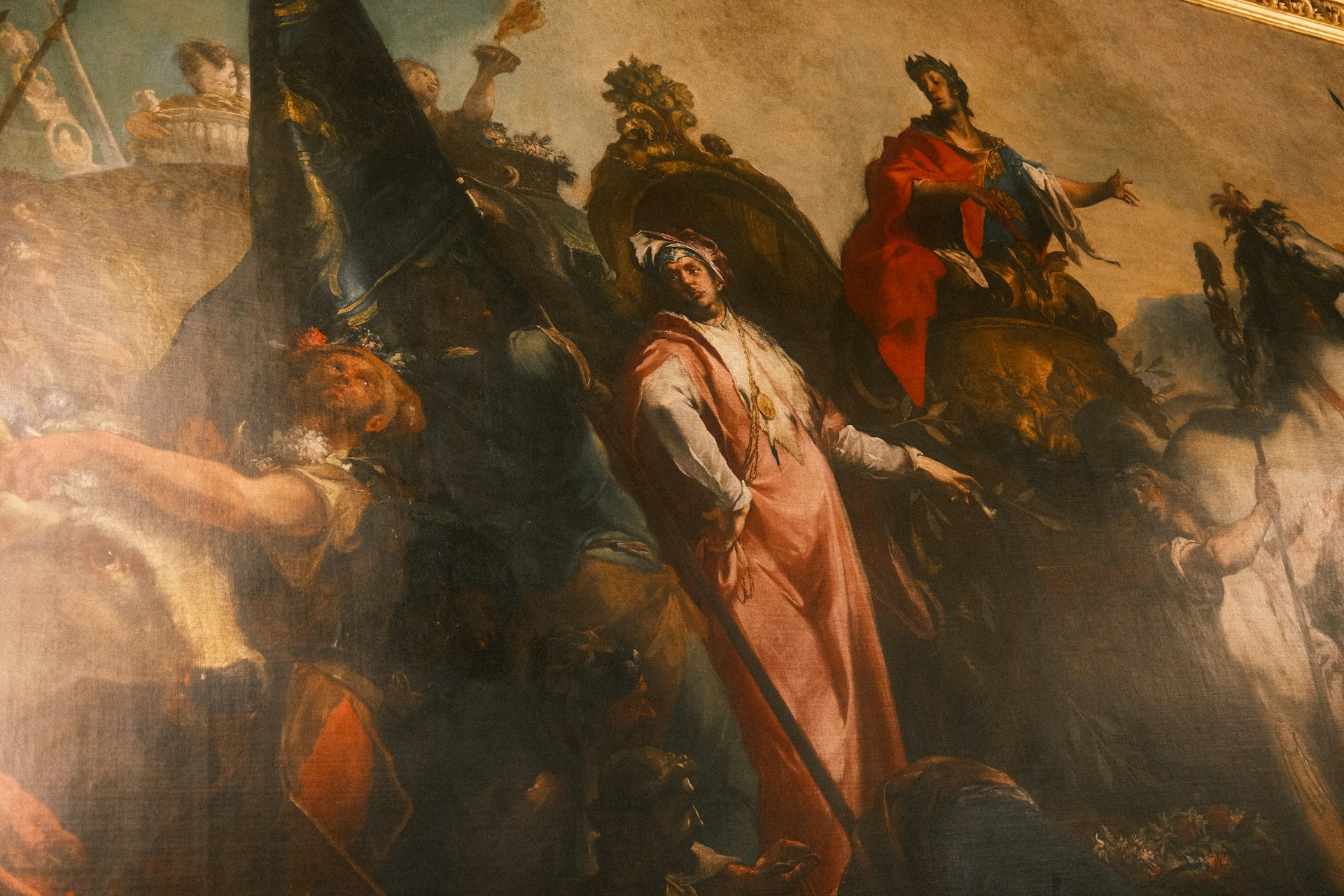Understanding the Impact and Legacy of Empires and Colonization

Photo by Arie Oldman on Unsplash
Introduction: Why Empires and Colonization Matter
The history of empires and colonization is foundational to understanding the modern world. Empires have risen and fallen across continents, leaving legacies that influence languages, cultures, borders, and economies today. Colonization, in particular, has shaped global demographics, resource distribution, and political systems. This article provides a comprehensive overview of major empires, the mechanisms and phases of colonization, and practical guidance for researching related historical impacts in your region or ancestry.
The Rise of Empires: Key Milestones and Global Influence
From the earliest civilizations, empires emerged as powerful political entities, often uniting diverse peoples and vast territories under centralized rule. For instance, the Mongol Empire, founded by Genghis Khan in the early 13th century, became one of the largest contiguous empires in history, stretching from China to Eastern Europe [1] . In Africa, the Mali Empire rose to prominence in the 13th century, controlling key trade routes and fostering a rich cultural legacy.
Empires relied on military conquest, administrative innovation, and economic dominance. The Ottoman Empire’s capture of Constantinople in 1453 ended the Byzantine Empire and reshaped both European and Middle Eastern history [1] . The formation and expansion of empires like the Aztec, Songhai, and Ethiopian Empires similarly transformed their respective regions.
While many ancient empires eventually collapsed due to internal strife, external invasion, or economic decline, their influence persists through language, religion, architecture, and governance. For example, Roman law and infrastructure still inform modern legal and urban systems.
The Age of European Colonization: Three Major Waves
The history of colonization is often periodized into three key waves, each marked by distinct motivations and global impacts [2] :
First Wave (15th-17th centuries): Initiated by Portugal and Spain, this period saw the conquest of territories in Africa and the Americas. The Treaty of Tordesillas (1494) divided new lands between these two powers, spurring further exploration and colonization [4] . The Columbian Exchange began, fundamentally altering ecosystems, agriculture, and populations across hemispheres.
Second Wave (17th-19th centuries): Britain, France, and the Netherlands entered the colonial competition, establishing settlements and trading posts in the Caribbean, North America, and Asia. The British East India Company played a pivotal role in the colonization of India, while France expanded into North Africa and Southeast Asia [2] .
Third Wave (late 19th-early 20th centuries): Known as the “Scramble for Africa,” European powers formalized their control over vast African territories through the Berlin Conference (1884-1885). Colonization now focused on direct administration, resource extraction, and the creation of new markets for European goods. Only a handful of countries, such as Ethiopia and Liberia, remained free from formal colonization [2] .
Case Study: The British Empire’s Global Reach
The British Empire, at its height in the early 20th century, controlled approximately a quarter of the world’s land and population [3] . Its origins trace back to the late 16th and early 17th centuries, with key milestones including:
- The defeat of the Spanish Armada in 1588, establishing England’s naval supremacy.
- The founding of the Jamestown colony in Virginia in 1607, the first permanent English settlement in North America.
- The Navigation Acts, which regulated trade and reinforced economic control over colonies.
- The expansion into the Caribbean, Africa, and Asia, often involving the transatlantic slave trade and the exploitation of local populations [3] .
- The gradual granting of autonomy to dominions and eventual decolonization movements, such as the independence of India and Pakistan in 1947 [5] .
The legacies of the British Empire include the spread of the English language, common law, and parliamentary systems, as well as enduring social and economic inequalities in many former colonies.
Colonial Mechanisms: Tools of Control and Transformation
Colonial powers established authority through a combination of military force, treaties, and administrative systems. Tools included:
- Trade monopolies : The granting of exclusive trading rights to companies (e.g., the British East India Company) to control resources and profits.
- Plantation economies : The forced cultivation of cash crops like sugar, cotton, and tobacco, often with enslaved or indentured labor.
- Legal and cultural assimilation : The imposition of European legal codes, languages, and religions on colonized populations.
- Infrastructure development : Railways, ports, and communication networks built to serve colonial interests, some of which still shape economies today.
These mechanisms not only enriched colonial powers but also frequently disrupted local economies, displaced communities, and altered traditional ways of life. The social and psychological impacts of colonization-including loss of autonomy, cultural erasure, and intergenerational trauma-remain topics of ongoing research and reconciliation efforts.
Researching Empires and Colonial Legacies: Practical Steps
If you want to explore how empires and colonization have affected your own region or ancestry, there are several actionable steps you can take:

Photo by Art Institute of Chicago on Unsplash
- Start with local archives and libraries. Many communities maintain historical records, maps, and oral histories related to colonial periods. Ask librarians or archivists for guidance on relevant collections.
- Consult national or regional museums, which often feature exhibits on imperial and colonial history. For example, the British Museum and the Smithsonian Institution house extensive collections and digital resources.
- Use academic databases like JSTOR or Google Scholar to search for peer-reviewed articles with terms like “colonial history,” “empire studies,” or specific empire names (e.g., “Ottoman Empire impact”).
- Connect with local historical societies or genealogical groups for workshops or guided research. Many organizations offer online events or publications focused on tracing family histories through periods of colonization.
- For school or university projects, consider contacting history departments or professors who specialize in global, imperial, or postcolonial studies. They can provide reading lists or direct you to specialized resources.
It is important to use qualifying language when interpreting historical sources, as accounts from imperial or colonial authorities may reflect bias or incomplete perspectives. Cross-referencing multiple sources is recommended for a fuller understanding.
Challenges and Alternative Approaches
Researching empires and colonization can present challenges. Records may be incomplete, inaccessible, or written in unfamiliar languages. Colonial histories are often controversial and subject to differing interpretations. To address these issues:
- Seek out oral histories and community narratives to supplement official records. These often capture experiences omitted from formal accounts.
- Explore interdisciplinary approaches, integrating anthropology, archaeology, and cultural studies for a broader view.
- If direct access to archives is limited, look for digitized documents or virtual museum tours, which many institutions now offer.
- When encountering contested histories, compare perspectives from both colonizing and colonized societies to understand the complexities involved.
Some organizations and educational institutions also host public lectures or online forums where contemporary debates about imperial and colonial legacies are discussed. These opportunities can provide deeper context and foster dialogue about ongoing impacts and reconciliation efforts.
Key Takeaways and Moving Forward
Empires and colonization have profoundly shaped the world, from the exchange of goods and ideas to the drawing of modern borders and the formation of global economic systems. Understanding this history is crucial for grasping contemporary challenges and opportunities in international relations, cultural identity, and social justice.
To further your research, consider visiting recognized historical institutions, searching for local or regional history societies, and using reputable academic databases. If you are interested in ongoing global discussions, international organizations such as UNESCO and the United Nations regularly publish reports and host events related to the legacies of colonization.
References
- [1] Local Histories (2021). A timeline of world empires from ancient to modern times.
- [2] Wikipedia (2024). History of colonialism – Overview of periodization and impacts.
- [3] Encyclopaedia Britannica (2025). Timeline of the British Empire with major events.
- [4] Wikipedia (2024). Chronology of Western colonialism – Key events and dates.
- [5] Historic UK (2019). Timeline of the British Empire’s expansion and decolonization.



